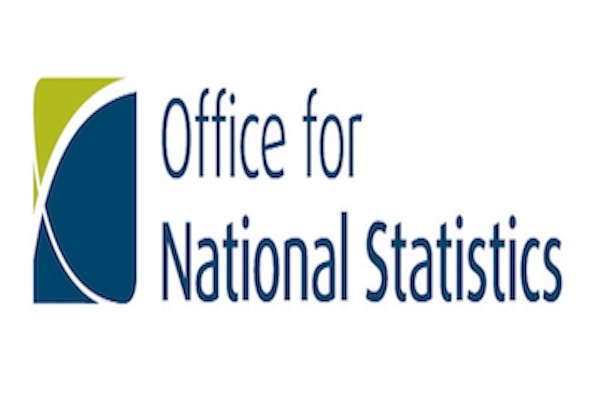UK Gross Domestic Product rose by 0.5% in October following a 0.6% drop in September.
Despite the October rise, GDP fell 0.3% in the three months to October as the UK teeters on the edge of recession.
The Office for National Statistics (ONS) released the latest figures this morning.
Darren Morgan, director of economic statistics at the ONS, said the main reason for the rebound was a recovery from the impact of the additional bank holiday for the State Funeral in September.
Construction was the strongest sector for the month, with growth of 0.8%, a fourth consecutive monthly increase.
George Lagarias, chief economist at wealth manager and Financial Planner Mazars, said markets still expect the UK to enter a recession at the start of next year.
He said: “October GDP grew slightly more than expected, at 0.5%, mostly due to an improvement in retail sales. Today’s number does little to change the grim outlook for the UK economy.
"Markets still expect a recession early next year. Demand is set to be weak, as high energy prices persist and winter has really just begun. Meanwhile, the jobs market is projected to remain tight for months, and thus inflation persistent, until new workers have been trained appropriately to reduce the mismatch between the skills required and those available.
“Despite October’s growth, it would take a significant turnaround in policymaking and/or global conditions to change the downward British economic trajectory.”
Despite the economy appearing frozen, wealth managers cautioned investors from exiting the market and holding cash.
Marcus Brookes, chief investment officer at Quilter Investors, said he expects the journey to continue to be bumpy for investors.
He said: “The path for interest rates is looking a lot clearer than it did just a few months ago and as such a lot of this negative news is already priced in. Rates are expected to keep rising, but not necessarily as high as they once were thought to have to go to.
“The journey may continue to be bumpy for investors in the short-term while inflation remains present but now is exactly the wrong sort of time for investors to flee from the market and sit in cash.”

